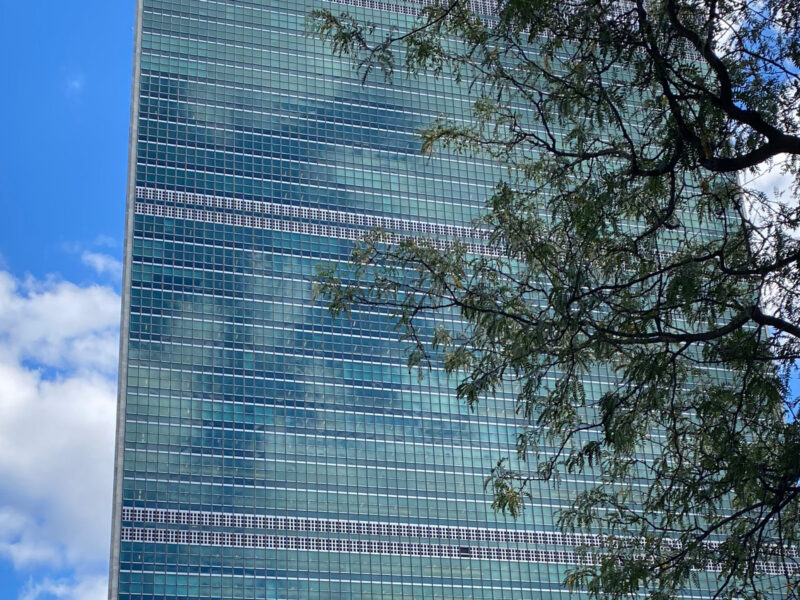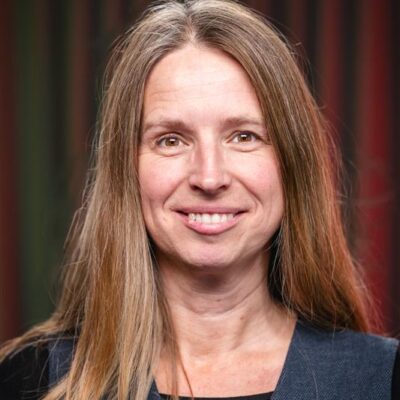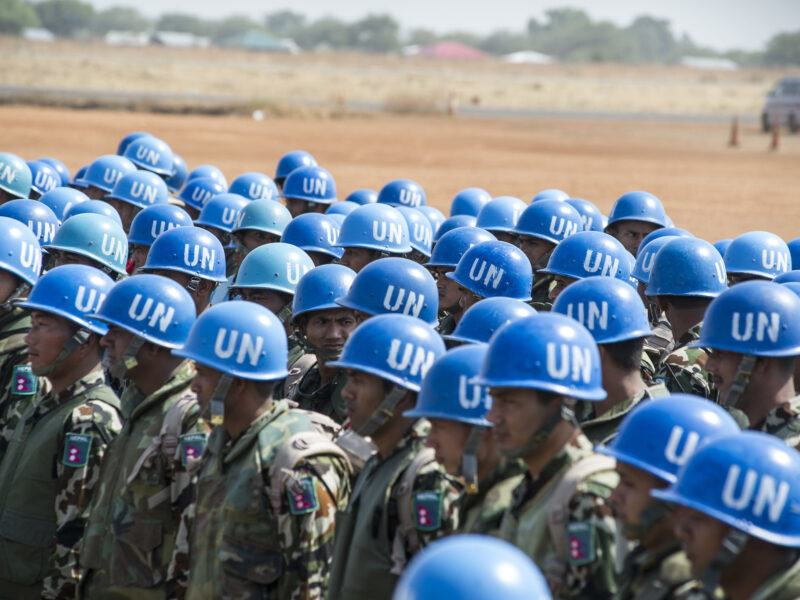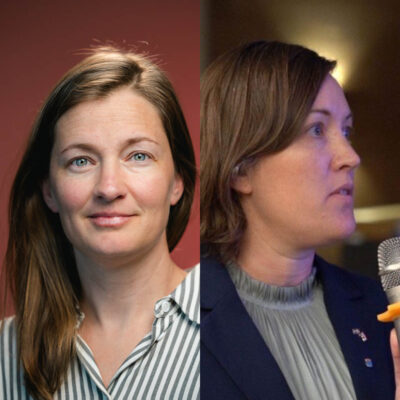No functionality without legality
From actors to institutions
It’s official, institutions are back in peacebuilding and development after having played an ambivalent role for some time. While seen as important for conflict prevention and post-conflict reconstruction, there has also been a prevailing idea that attending too much to institutions is problematic, and that institutional reform means top-down, technical, elite-centred approaches, lacking in inclusiveness and public participation. A result of this notion was to focus on ‘actors’ and ‘stakeholders’, as the development lingo goes. Much of peacebuilding and development work sought to engage with individuals (political leaders, oppositional figures) or groups of individuals (rebel groups, political parties, economic and social elites, marginalised populations) rather than with institutions.
The ambivalent role of institutions has in part to do with a fairly academic definition of what institutions are. A definition that is sometimes difficult to put to practice. Most researchers see institutions as being both formal and informal. The formal part include the written constitution, laws, policies, rights and regulations enforced by official authorities. Informal aspects are (typically unwritten) social norms, customs or traditions that shape thought and behaviour (for an overview, see Governance and Social Development Resource Centre).
In practice, donors have often supported the formal part only, and at the central level of the state, while ignoring informal norms and practices and regional and local diversity, thus confirming the criticism of being technical and insulated from broader participation. Working with institutions in this way has meant an unhealthy focus on capacity and functionality – that is, making institutions better at being institutions. Institutional capacity is great, but unless it is complemented by reforms that also increase respect for rule of law principles – for instance, transparency, legal certainty and accountability – we know all too well the dangers. Cannibalising on Martin Krygier’s succinct statement: ‘repressive law is perhaps less terrible than lawless repression, but it can be terrible all the same’.
Institutions are the new black
Recently a more nuanced understanding of institutions and their role in peacebuilding and development is experiencing a revival, where capacity is only one part of institutional performance together with responsiveness and accountability. The Sustainable Development Goals is setting out a new trend where the focus shifts from actors to institutions. Goal 16 in particular, Promote just, peaceful and inclusive societies, raise the importance of transparent and accountable institutions, as well as responsive and inclusive participation in decision-making.
It’s about time this shift happens. Experience show that conflicts over non-institutional precipitants such as resources, identity or shocks, for example, become violent when institutions fail to respond to them. We’ve seen this happen in Liberia when it comes to management of natural resources, in the Ivory Coast regarding identity, citizenship and rights, and in the institutional failure of North African countries in relation to popular protests.
Working politically beyond functionality
If institutions are the new black, what does that mean for us working to support peacebuilding and development processes? One key message is that we need to work ‘politically smart’ when supporting institutions, and to recognise that political problems require political solutions. This is one of the main policy predictions for successful reform in peacebuilding and development. The trinity of UN review reports that came out last year made this very clear. The Report of the High Level Panel on United Nations Peace Operations states that lasting peace is achieved through political solutions and that the ‘the primacy of politics should be the hallmark of the approach of the UN to the resolution of conflict…’. A similar message was explicit in the Report of the Advisory Group of Experts on the Review of the Peacebuilding Architecture and in the global study on the implementation of UN Security Council resolution 1325, Preventing Conflict, Transforming Justice, Securing the Peace.
Working politically with institutions means going beyond a technical approach of the past towards a more nuanced view on institutions, formal and informal, and their role in affecting transformative change. There are already a number of interesting initiatives following this stream of thinking. The World Bank’s Governance Global Practice is one good example. Another example is the UNDP’s work on Core Government Functions in the aftermath of conflict. Moreover, the next World Development Report (and they tend to set the trend) is focusing on governance and the law, specifically highlighting the relationship between responsive rules and regulations and institutional performance.
In addition to working politically with institutions, there is one more significant prediction we should heed to when institutions are being brought back more squarely on the agenda. This prediction can be expressed in a slogan: ‘no functionality without legality’. When we support institutions to better resist and respond to shocks and crises, transnational threats and environmental challenges, we must simultaneously make sure that they remain accountable, transparent, and accessible. From a Swedish and FBA perspective, linking functionality with legality is something we have been supporting for quite some time. Our work on measuring rule of law in public administration, on monitoring administrative courts, or our work on decentralisation and rule of law in Ukraine, are all examples of placing accountable institutions front and centre in peacebuilding. For a long time this type of work was falling short of attention on the peacebuilding and development scene. Now, however, dressed in the new black, that all seems to change.
av Richard Sannerholm








